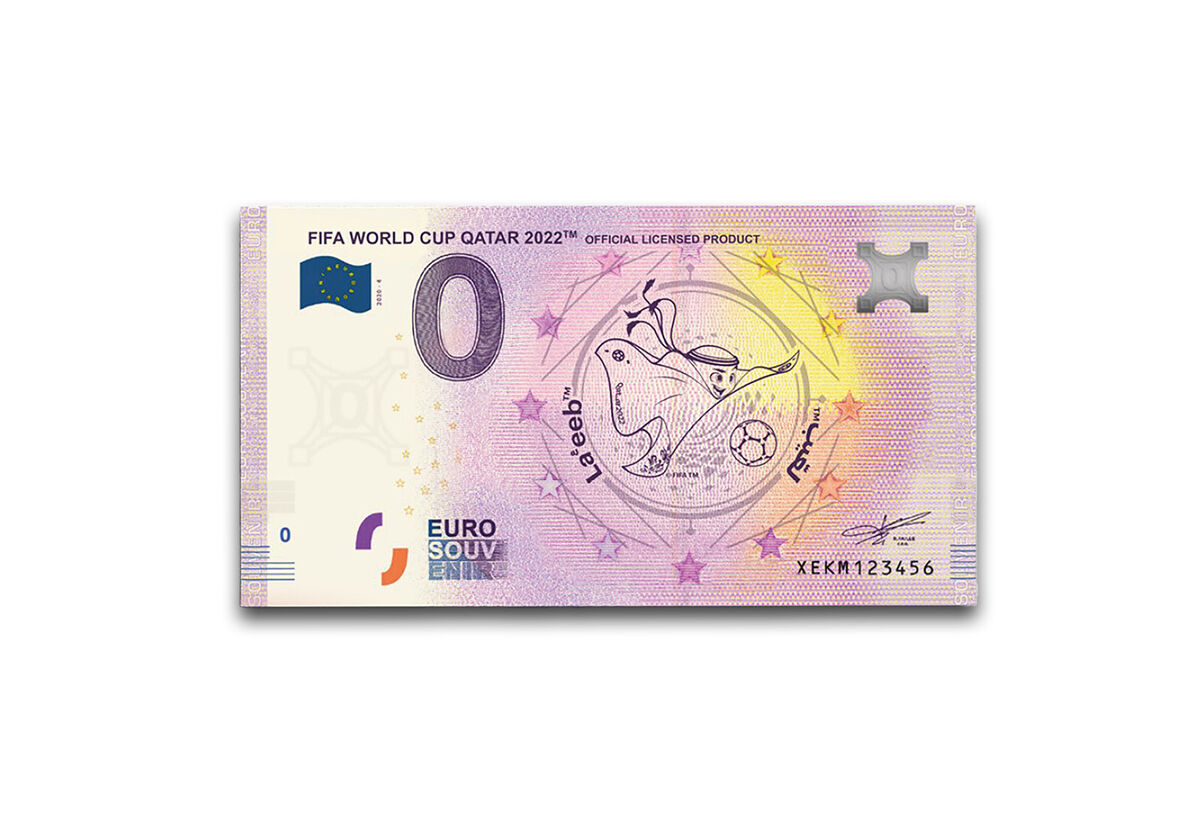
Introduction
Qatar, a small yet influential nation on the Arabian Peninsula, has captured global attention in recent years due to its remarkable economic growth, cultural investments, and diplomatic engagements. As one of the richest countries per capita, Qatar has strategically utilized its wealth to enhance its international standing and become a key player in various global arenas.
Economic Expansion and Diversification
The Qatari economy, primarily driven by oil and natural gas exports, has seen significant expansion. According to the Ministry of Finance, Qatar’s GDP grew by approximately 4% in 2022, and the nation is projected to invest $300 billion in infrastructure projects, especially in anticipation of the 2022 FIFA World Cup. This event has not only showcased Qatar as a global tourist destination but has also bolstered infrastructure advancements across the country, with the construction of stadiums, roads, and hotels.
Cultural and Educational Investments
Qatar’s commitment to becoming a hub for education and culture is evident through institutions like the Qatar Foundation and the development of the Education City. These initiatives have attracted several prestigious universities, contributing to a growing focus on research and innovation. Additionally, Qatar’s cultural investments, such as the Museum of Islamic Art and the National Museum of Qatar, have positioned it as a centre for art and cultural exchange, further enhancing its soft power.
Diplomatic Engagements and Global Events
Politically, Qatar has adeptly positioned itself as a mediator in regional conflicts and has maintained diplomatic relations with numerous countries worldwide. Its hosting of high-profile events, including the Doha Forum and recent peace talks, underscores its role as a facilitator of dialogue and cooperation. Moreover, Qatar’s involvement in international organisations, such as the United Nations, speaks to its commitment to addressing global challenges, including climate change and humanitarian crises.
Conclusion
In conclusion, Qatar’s rapid development and strategic diplomatic initiatives are reshaping its identity on the international stage. As the country continues to diversify its economy and invest in cultural and educational sectors, it is likely to strengthen its influence globally. For readers, understanding Qatar’s evolution offers insights into its potential future role in international affairs, presenting opportunities for collaboration and partnership in various fields.
You may also like

Qatar’s Growing Influence in Global Affairs

The Unique Biodiversity and Culture of Madagascar

SEARCH
LAST NEWS
- Remembering Wendy Richard: The Promise to Co-Star Natalie Cassidy
- How Did Anglian Water Achieve an ‘Essentials’ Rating for Mental Health Accessibility?
- Shai Hope Leads West Indies in T20 World Cup Clash Against South Africa
- What We Know About Weston McKennie: Future at Juventus and Past at Leeds
- What We Know About the Upcoming Live Nation Antitrust Trial